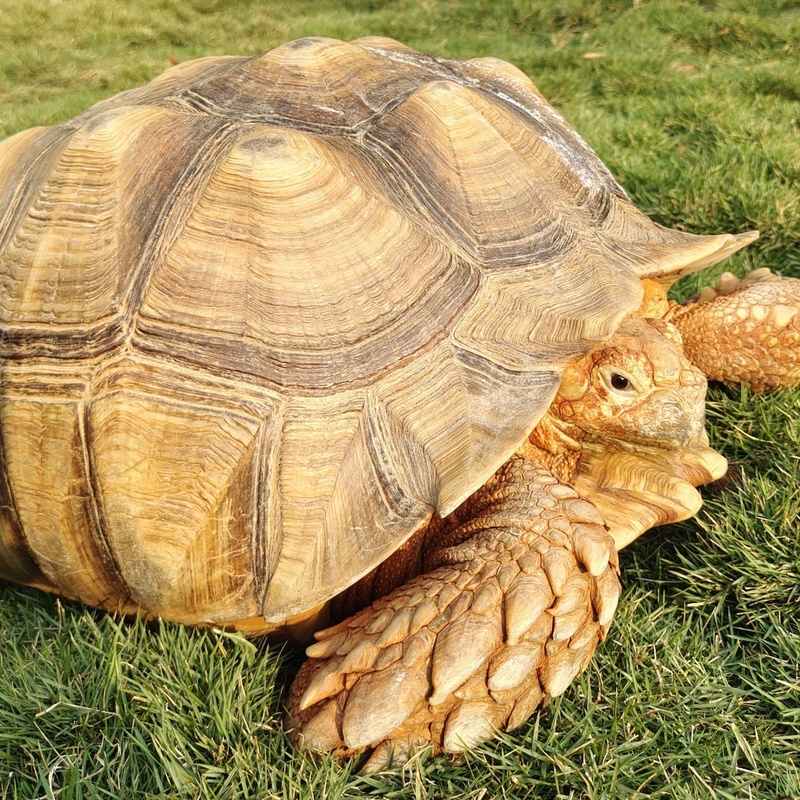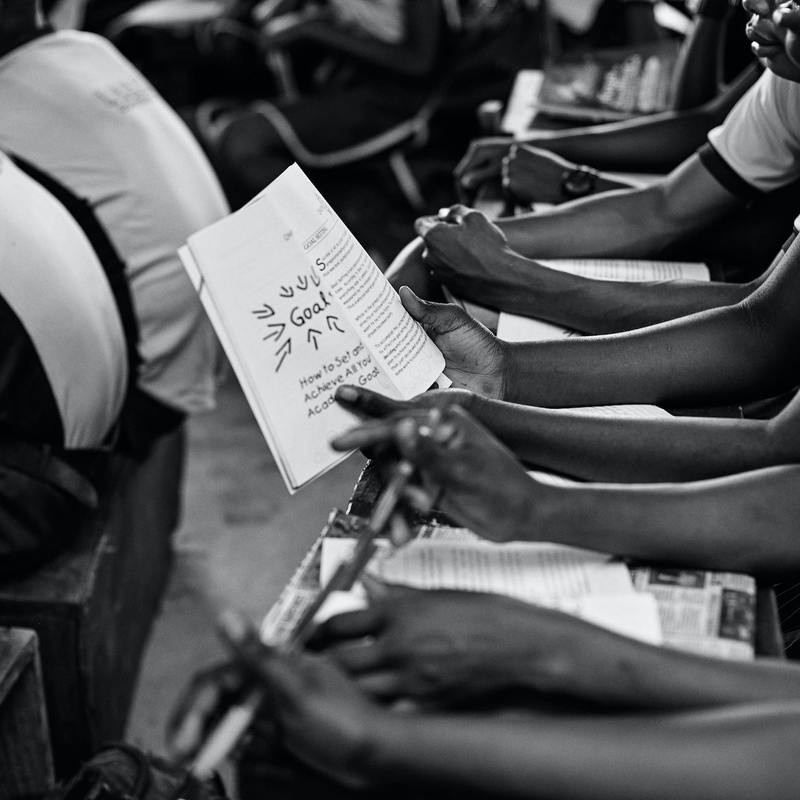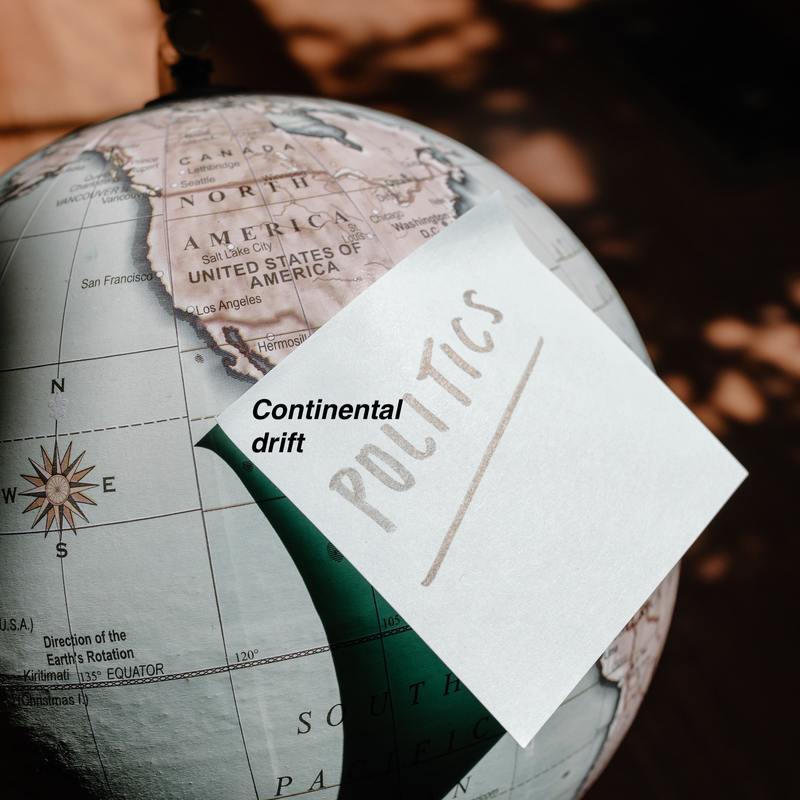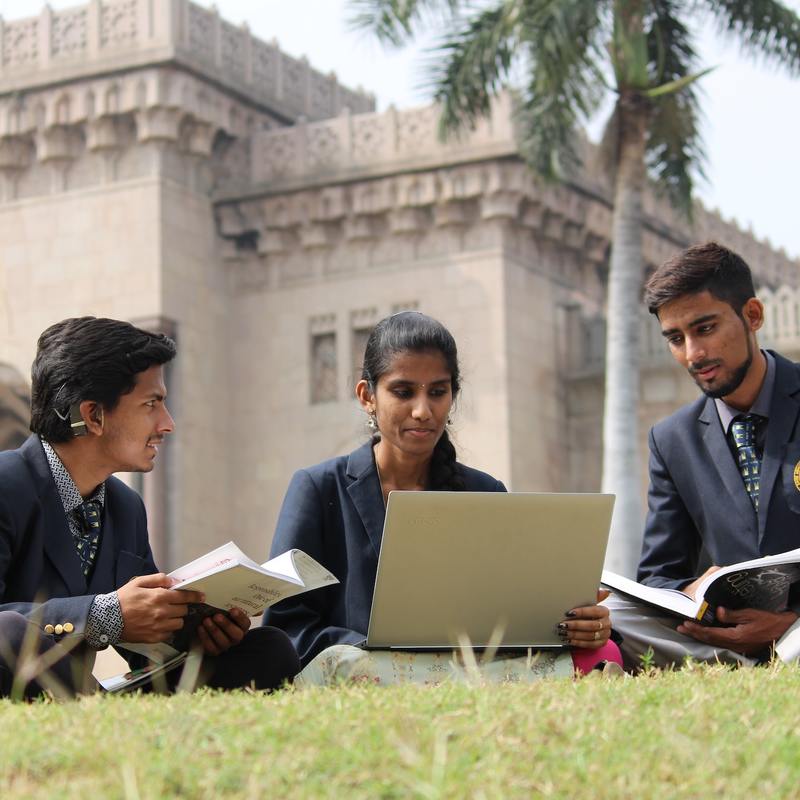Suche
JOSHA’s Critical Review of “High Hopes for ‘Deep Medicine’? AI, Economics, and the Future of Care” by Robert Sparrow and Joshua Hatherley
DOI: 10.17160/josha.10.6.910
"High Hopes for 'Deep Medicine'? AI, Economics, and the Future of Care" by Sparrow and Hatherley critically examines the potential impact of AI on healthcare. The essay questions the optimistic view that AI will enhance the doctor-patient relationship, and identifies economic and institutional factors that may hinder its realisation. Concerns are raised about the erosion of the therapeutic relationship, increased administrative burden, reduced time for patient interaction, and diminished trust in doctors. While acknowledging the benefits of AI in diagnosis, the authors call for a more balanced approach, suggesting specific recommendations and exploring successful examples of AI integration to prioritise patient-centred care and protect the doctor-patient relationship.
Care of Sulcata Tortoises (Centrochelys sulcata) in Captivity in India
DOI: 10.17160/josha.10.3.909
The sulcata tortoise is a popular reptile species native to Africa that has seen an increase in popularity as a pet in India in recent years. Proper captive care and husbandry are essential for the well-being and health of sulcata tortoises, and it is important to consider the specific needs and requirements of these animals in Indian conditions. This article provides a comprehensive overview of the captive care and husbandry of sulcata tortoises in Indian conditions, including considerations for different weather conditions and seasons, common health problems and their prevention measures, and other relevant topics. The article also discusses the importance of environmental enrichment, and the need to provide a stimulating and varied environment that meets the physical, social, and behavioural needs of the tortoises.
GENOCIDE: From the Second Empire's Namibia, to the Third Reich’s Birkenau
DOI: 10.17160/josha.10.3.908
The concept of the Empire (Reich) of the German Nations was first established by Otto I in the year 962. It was revived from the defunct Holy Roman Medieval one at a post war conference in Versailles, in 1871. This revival became a reality by the unification of the dispersed German states, with Otto v. Bismarck named as chancellor and William I, as emperor.(1871-88). It was however, in 1884 at a meeting in Berlin, that the European states divided the potential African colonies. Consequently, Germany was granted a colony on the South/Western African coast, in today’s Namibia, the land of Hehero and Nama. Starting as an economic enterprise (tobacco, metals, diamonds, and cattle), this soon became a racially driven Genocide, which included medical experiments. The similarities of the Second Reich with the coming Third Reich were described by many historians.
The Importance of Diversity in Knowledge Sharing: Why JOSHA is the Ideal Platform
DOI: 10.17160/josha.10.4.904
The article discusses the importance of diversity in academic publishing and the role of JOSHA in promoting open access and interdisciplinary research. While traditional publishing often favours the 'consolidation' of work, JOSHA encourages authors to publish disruptive and innovative work that may challenge existing paradigms. With a focus on accessibility and freedom from restrictions, JOSHA aims to provide a platform for scientists, artists and scholars of all backgrounds to share their ideas and knowledge. By prioritising the needs of authors and readers, JOSHA hopes to revitalise academic publishing and promote the power of diversity in sharing knowledge.
Algorithmic Futures – Between the End of Work and the Desire for Recognition
DOI: 10.17160/josha.10.3.903
The widespread automation of jobs could lead to a crisis of identity and self-esteem in humans, as recognition for socially useful activities is essential to human identity. Loss of recognition has been associated with social turmoil and the emergence of populist and authoritarian regimes. The new technological elites may pave the way for new struggles for recognition if the narrative of radical expendability remains unchallenged.
Editorial Volume 10 Issue 2
DOI: 10.17160/josha.10.2.900
The Josha-Journal looks to the future! In addition to many exciting contributions from various scientific and artistic disciplines, artificial intelligence is a focus of the current issue.
Major Problems of Colleges of Education in Nigeria and Possible Solutions
DOI: 10.17160/josha.10.3.894
This paper provides a comprehensive review of the challenges facing colleges of education in Nigeria. The study examines the historical background of colleges of education in Nigeria, the challenges facing them, and the possible solutions. The paper highlights the issues of inadequate funding, lack of qualified personnel, outdated curriculum, poor infrastructure, and inadequate facilities as some of the major challenges facing these institutions. The study provides possible solutions and suggests that urgent intervention is needed to address these challenges to improve the quality of teacher education in Nigeria. In order to achieve this, this study adopts a qualitative research design by conducting a comprehensive review of the literature on the challenges facing colleges of education in Nigeria. The study collects data from various sources, including books, journals, reports, and online sources.
JOSHA's Critical Review of "PhD Training is no Longer Fit for the Purpose – it Needs Reform Now” by Nature
DOI: 10.17160/josha.10.5.891
The editorial in Nature titled "PhD Training is No Longer Fit for Purpose - It Needs Reform Now" highlights the urgent need for reform in doctoral training, which is failing to meet the expectations of world leaders who consider science crucial for national welfare. Doctoral training has long been troubled, with concerns about inadequate student grants, lack of support, poor quality supervision, and systemic discrimination in academic culture. Additionally, doctoral students are not prepared for the interdisciplinary work and large teams that are characteristic of contemporary science, particularly outside of academic research. The article suggests that the current system of doctoral training, based on a master-apprentice relationship with individual professors, is outdated and inadequate. The editorial calls for a revolution in doctoral training design and funding, similar to the one that occurred when education became open to all.
JOSHA’s Critical Review of “The Problem of ‘Trickle-down Science from the Global North to the Global South” by D. Reidpath and P. Allotey
DOI: 10.17160/josha.10.6.890
This article by Daniel D. Reidpath and Pascale Allotey examines the issue of 'trickle-down science' from the Global North to the Global South and its impact on scientific research. The authors identify three consequences of this focus: researchers in the Global North shifting their attention away from the Global South, those trying to maintain their focus on the Global South, and frustrated researchers returning to the Global South due to a lack of opportunities. The article uses examples to illustrate the mismatch between research conducted in low- and middle-income countries and the specific needs of the Global South. The authors highlight the challenges facing the Global South and argue for a more collaborative and balanced approach that takes into account the needs and priorities of this region. This article was first published in 'BMJ Global Health' on July 05, 2019 (https://doi.org/10.1136/bmjgh-2019-001719).
JOSHA’s Critical Review of "India’s Scientific Diversity: Caste Barriers" by Ankur Paliwal
DOI: 10.17160/josha.10.4.889
The article "India's Scientific Diversity: Caste Barriers" by Ankur Paliwal highlights the challenges faced by marginalised communities in pursuing scientific careers in India. It reveals the under-representation of Adivasis and Dalits in science and their discriminatory experiences in higher education. The article emphasises the need for more mentorship and guidance for students from marginalised communities and calls on the government and institutions to address the lack of diversity and promote equality. While the article is effective in drawing attention to the issues, it lacks an in-depth analysis of the root causes of caste barriers and offers limited recommendations for overcoming them. It also fails to explore the wider impact of the caste system on scientific research.









